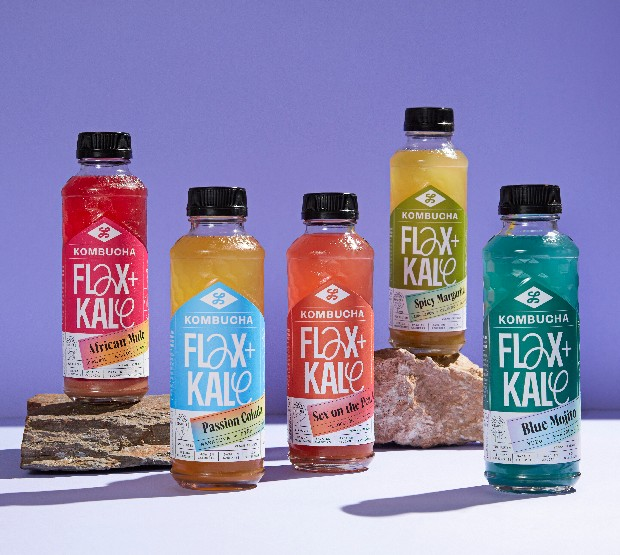It is not always necessary to drink something during exercise. If you have an activity of an hour or less - no need to eat during. But if you have a prolonged exercise like a marathon that lasts several hours, then you need to keepGet in shape and avoid exhaustion to the finish. In this post we will give you some basic advice on sports nutrition, specifically on eating during exercise and we will propose some easy examples of foods that you can take with you.ntigo and take them while you're winning!
1. Take carbohydrates and fluids regularly throughout your exercise.
During a prolonged exercise (we are talking about a marathon, or a secugum of competitions that last hours) you lose a lot of water with sweat and you are depleting the glycogen stores of the muscle that is an important source of energy. You need muscle glycogen especially for the last minutes of the workout.competition when it is good to have extra energy as quickly as possible. That is why it is important that you drink fluids to replace lost water and carbohydrates to keep your blood glucose level constant.
For sports nutrition it is better to choose home remedies because they provide a wider variety of nutrients and carbohydrates compared to commercial products that are poorer from a nutritional point of view.
If at least 2-3 days before the competition you did not consume an extra amount of carbohydrates (70% of the total energy), then taking carbohydrates during exercise is especially important for you.About 25-60 grams of carbohydrates per hour is sufficient. That would be 100-250 ml of isotonic drink that contains 6-8 grams of sugars for every 100 ml of liquid.do, every 20 minutes, to keep the stomach half full. All this causes the emptying of your stomach and the absorption of water and hydrates faster. In addition, the isotonic drink will provide you with the sodium that you lose with sweat. IAdd coconut water with fruit juice, add a pinch of salt - and you have a perfect isotonic drink : rich, healthy and easy to make.
In activities that last more than 3 hours, some nutrition specialistsIn sports they advise taking up to 90 grams of sugars per hour, hypertonic drinks are served here, which have 10 and more grams of sugar per 100 ml of liquid.In this case you can have an orange, peach or other fruit juice, or water with honey or agave syrup diluted with a pinch of salt.
The stable level of sugar in the blood will not only give you energy to the muscles but also toIt will carry glucose to the brain which will allow you to continue thinking well and concentrating on your victory.
Remember to pay more attention to replenishing fluids when the environment is hot and carbohydrates in good condition.colder tions, where you don't lose as much water.
2. Eat various types of carbohydrates
Take a wide variety of sugars, although glucose always has to be a priority, and fructose in less quantity. The different types of carbohydrates
You can get it by eating a whole fruit (banana, apple, pear and others), fruit puree, fruit juicetass, dried fruits that are also super comfortable (dates, dried figs, raisins, dried apricots), a smoothie (chocolate, fruit, fruit juice, honey) or a homemade cereal bar (you can take a cereal or a mixture of oats , quinoa,puffed rice that provides slow-absorbing carbohydrates , and maple, agave or honey syrup or dehydrated fruits that provide fast-absorbing carbohydrates that we are most interested in). Be careful, a cereal bars is not the same as an energy bar, which normally contains a lot of protein (it can be in the form of nuts, legumes or milk protein) better leave them for after the activity.
Home remedies are better for
3. Do not take carbohydrates in excess
Don't go overboard with carbohydrates, either . A scientific studyon sports nutrition in female cyclists showed that the consumption of 60 g of carbohydrates per hour resulted in better performance. Higher amounts of 60 g did not lead to the best results,plus! - many women had stomach discomfort and felt bloated. Perhaps that would not happen to them if they had consumed different types of sugars (which I have commented before).
You have to choose your best way to support yourselfwell hydrated and with full energy stores. There is no perfect formula, but the general advice on sports nutrition and various options that we give you here work well for the vast majority of athletes.






